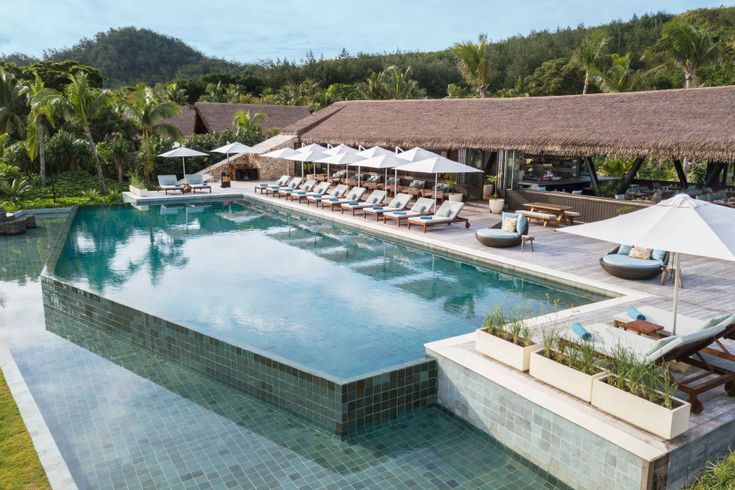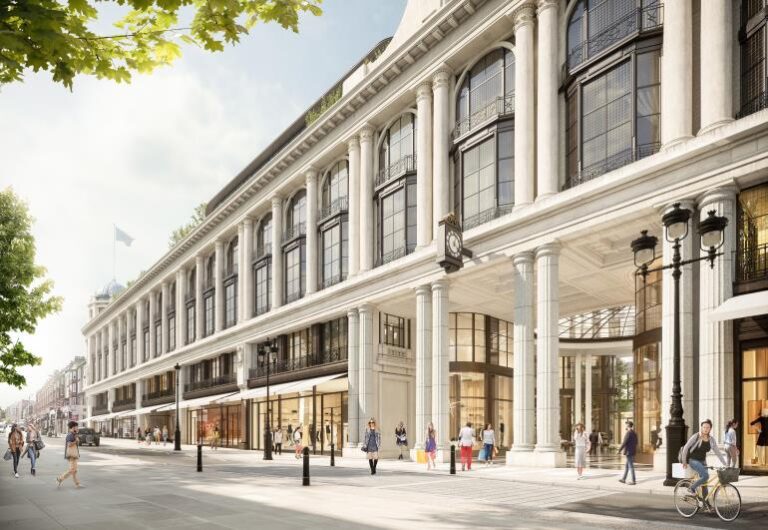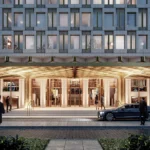Member’s Clubs have been around for a while but are going to thrive over the next decade – and wellness is included.
Once seen as an exclusive playground for London bankers and Parisian creatives, members-only clubs have re-emerged as one of the hottest trends in global hospitality. And wellness is a key inclusion of these new exclusive havens.
What used to be a niche benefit—private spaces for networking and leisure—has become a global movement as affluent travellers increasingly crave not just luxury, but a sense of belonging and community.
What began as a small resurgence of private members’ clubs has exploded into a global movement redefining luxury travel. From the ski slopes of Montana to the megacities of Bangkok and London, the message is clear: the new traveler isn’t satisfied with a room and a fine meal.
They want intimacy, exclusivity, and connection. The hotels and wellness groups that understand this—and build spaces where global nomads can belong—are likely to lead the future of luxury hotels.
“The future of travel is connection-driven,” notes one industry analyst. “People don’t want to just book a room. They want to plug into a network, a lifestyle, a community that travels with them.”
From wellness innovators to heritage hotel giants, the world’s most recognised brands are embracing the shift by launching private members’ spaces within their properties—blending exclusivity with global conviviality.
In 2025, the modern traveller’s wish list often extends beyond Michelin-starred dining and infinity pools and into something harder to quantify: human connection.
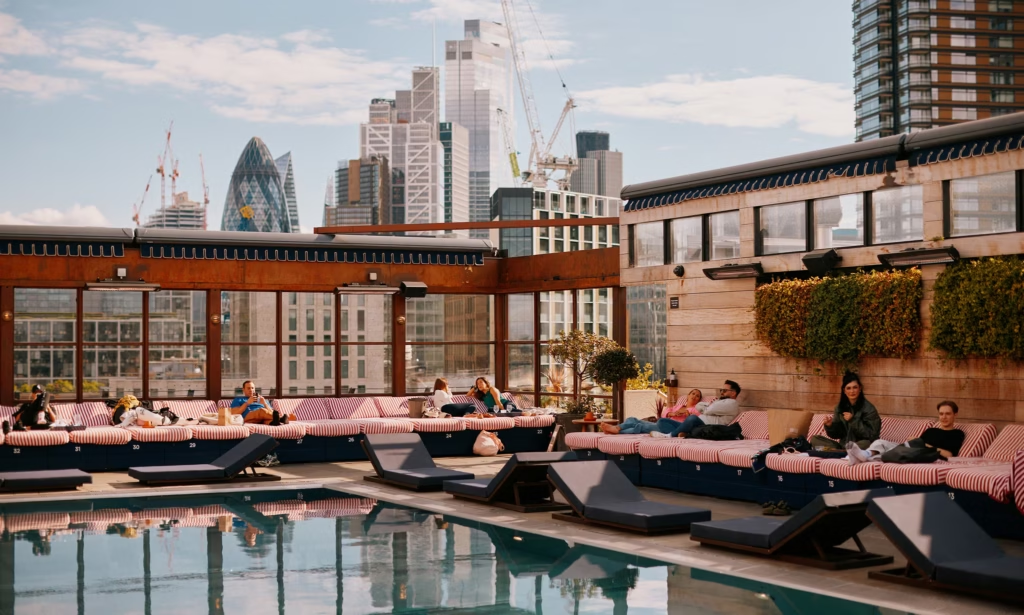
A New Era of Belonging in Hospitality
For decades, social clubs like London’s Soho House or New York’s Core Club defined the genre: rarefied spaces where carefully vetted members mingled in comfort, away from the public buzz.
But travel has fundamentally changed. Millennials and Gen Z, along with affluent Gen Xers looking for deeper personal experiences, are driving demand for a new breed of hybrid hospitality—where hotels act not just as accommodations, but as curated communities.
“The future of travel is connection-driven,” notes one industry analyst. “People don’t want to just book a room. They want to plug into a network, a lifestyle, a community that travels with them.”
From wellness innovators to heritage hotel giants, the world’s most recognized brands are embracing the shift by launching private members’ spaces within their properties—blending exclusivity with global conviviality.
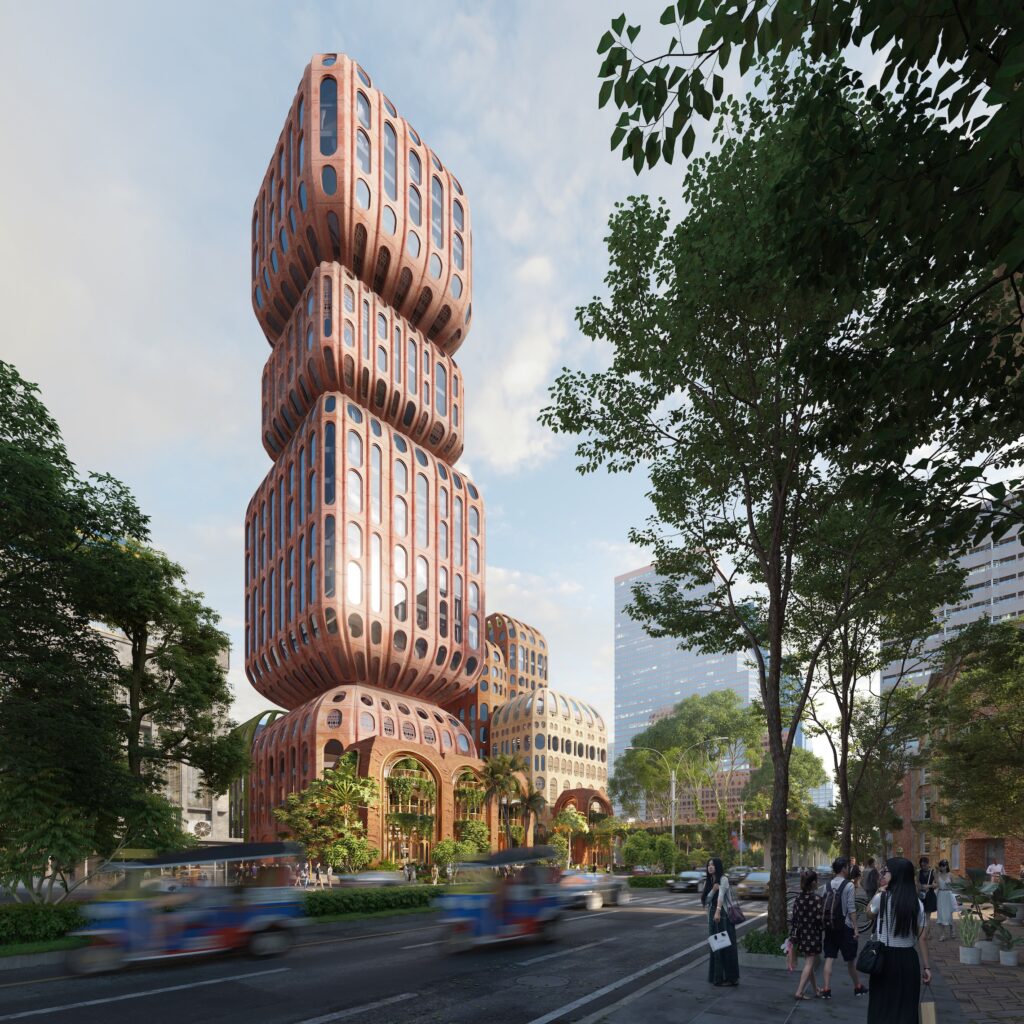
Wellness Brands Lead the Charge
One of the most visible movers in this space is Six Senses, long regarded as a pioneer of luxury wellness resorts. In 2024, they introduced Six Senses Place, billed as a “social and wellness club,” with the first sites planned for Bangkok and London.
These are not simply gyms with juice bars; they are cutting-edge sanctuaries that integrate high-performance wellness programs with cultural programming, networking opportunities, and artisanal dining. The idea: to create communities centered on well-being rather than nightlife or status.
The move makes sense for Six Senses, whose identity has always been rooted in holistic luxury. By aligning wellness with private-community membership, they are tapping into a global traveler segment that’s growing rapidly: people seeking healthier, purposeful lifestyles without sacrificing indulgence.
Click here for more on members clubs in London.
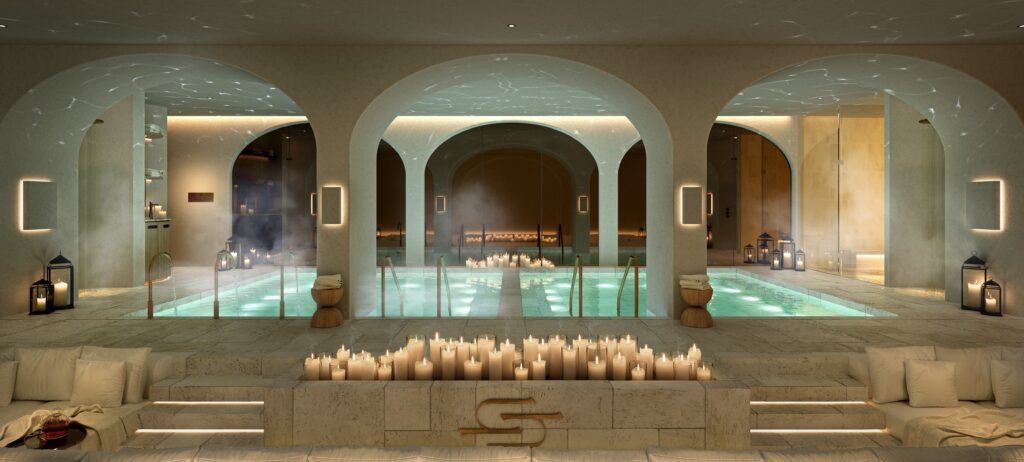
Australia’s Ultra Exclusive Wellness Clubs
In Melbourne, Saint Haven has emerged as the exemplar of this new wave—a wellness club whose doors are open only to meticulously selected members, each promised a curated blend of ancient healing rituals, advanced biohacking technologies, and an atmosphere as plush as a five-star spa.
At Saint Haven, exclusivity means more than just a steep membership fee; it guarantees access to state-of-the-art fitness equipment, bespoke nutrition plans informed by genetic testing, comprehensive recovery experiences including cryotherapy and hyperbaric oxygen therapy, and a social scene where privacy is paramount and every interaction is intentional.
Saint Haven isn’t stopping with Melbourne; its flagship Sydney club will make its debut at Bondi Beach in late 2026, with membership strictly capped to maintain intimacy and personalisation – and a site has been located in North Sydney for another venue.
This launch signals an exciting new era for Sydney’s luxury and wellness culture, offering a community built around health, relaxation, business networking, and high-end hospitality—a combination that has already created a lengthy waitlist of prospective members eager to join its exclusive ranks. Click for more on Saint Haven in Sydney.
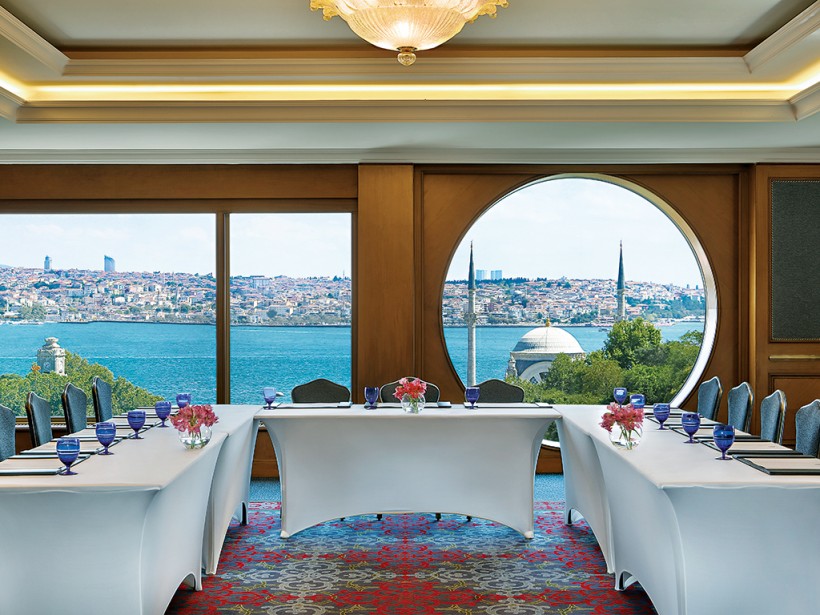
The Rise of Resort-Style Clubs
Beyond the wellness sector, resort-linked clubs have gained significant traction. In the U.S., the Yellowstone Club in Big Sky, Montana has become legendary as a members-only mountain resort. Catering to an ultra-elite clientele, it offers private ski slopes, expansive chalets, gourmet dining, and year-round lifestyle programming for its members.
To belong here isn’t just about a love for powder skiing—it’s about buying into a high-touch, ultra-private ecosystem that fuses sport, leisure, and privacy.
On the East Coast, the Pendry Natirar in New Jersey’s horse country houses the Natirar Club, another exclusive destination set within 500 acres of countryside.
Members get access to farm-to-table dining, wellness facilities, and outdoor pursuits—all wrapped within the Pendry brand’s design-forward, understated luxury. Like Yellowstone, it’s less about a single location and more about creating a long-term home-away-from-home for its members.
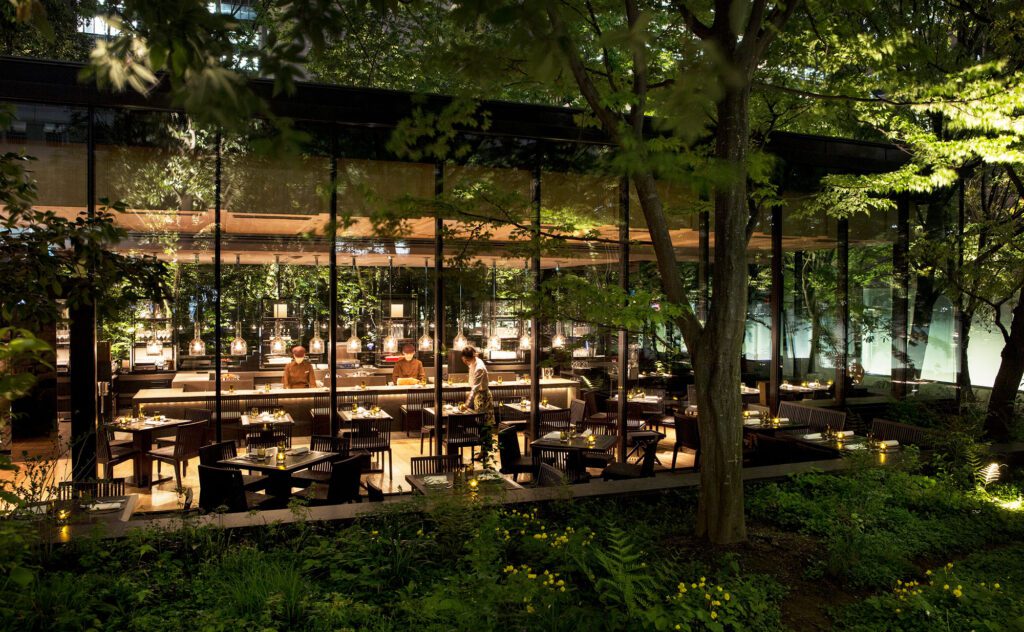
Legacy Hotels Reinvent the Club
Global hospitality giants are also recognizing that the members’ club model dovetails beautifully with hotel culture. For Marriott’s Ritz-Carlton brand, the introduction of The Ritz-Carlton Club Lounge across many properties has set the stage for an elevated “hotel-within-a-hotel” concept where members and suite guests enjoy private check-ins, curated dining, and networking space.
Meanwhile, Aman Resorts—long synonymous with understated, ultra-luxury hideaways—officially launched the Aman Club in Tokyo, extending beyond the brand’s traditional resort clientele to gather like-minded individuals in cultural hubs.
Members gain access to health facilities, Japanese gardens, and private events reminiscent of Aman’s serene retreat style, translated into an urban context.
Even Four Seasons has signaled deeper ambitions in club-style hospitality. Their Four Seasons Private Residences take the model one step further, blending the intimacy of members-only residential ownership with the full-service luxury of the hotel brand.
In cities like London and Los Angeles, this approach has created micro-communities of loyalists who live and socialise within a Four Seasons ecosystem.
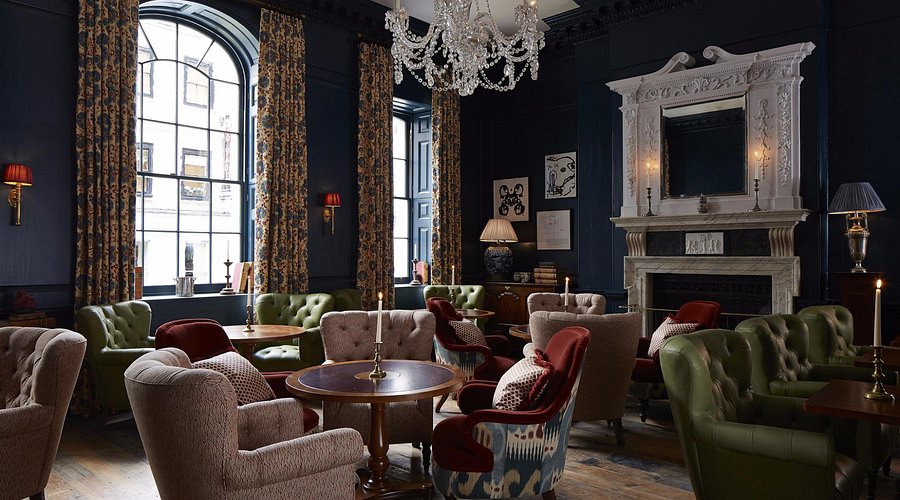
Why Now? The Social-Connection Economy
The COVID-19 pandemic irreversibly reshaped what people value in travel. For years, human interaction was limited, and now—post-isolation—social clubs provide a structured, safe-feeling format to rekindle community and belonging.
But unlike the “old guard” clubs of the 20th century, these new hospitality hybrids are more inclusive in spirit, appealing to the globally mobile professional seeking both connection and wellness, rather than exclusivity for exclusivity’s sake.
At the core is a shift identified by psychologists and marketers alike: affluent consumers are increasingly investing in experiences that reinforce personal identity and community ties rather than in pure status markers. “The new definition of luxury is access,” one industry report highlights. “Access to people, to purpose, and to transformational experiences.”
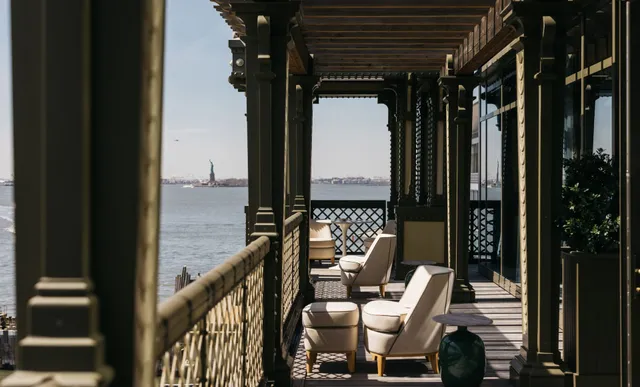
Market Outlook: The Boom Ahead
Analysts expect that the concept of members-oriented hotels will accelerate over the next decade. Cities like Dubai, Singapore, and New York are seen as prime markets for expansions, with leading hotel groups quietly exploring club integration at new flagship developments.Click for more on the recent take over of Soho House.
- Soho House, which already redefined the club category, continues its expansion into Asia and North America, doubling down on the travel-meets-community model.
- Equinox Hotels, originally a fitness brand, is poised to broaden its footprint, integrating wellness and members-only perks at upcoming sites in Miami and Milan.
- Niche operators like Casa Cipriani in New York and Milan are proving that blending private membership with luxury hotel suites creates a powerful brand magnet for culture-savvy elites.
What we are witnessing is not a trend but a structural evolution in how the luxury hotel business aligns with the social economy – as well as with the huge rise in wellness and a focus on longevity.
